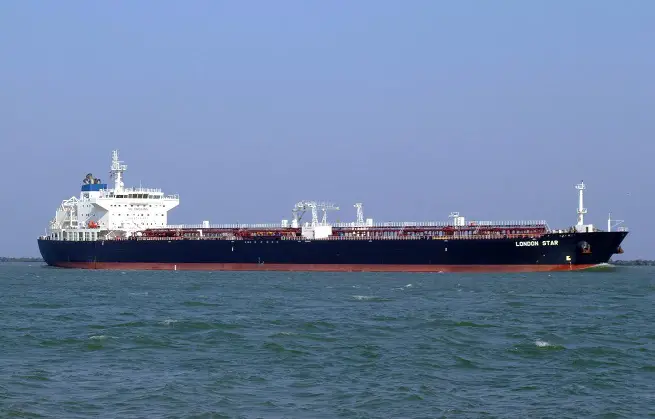European Union nations cannot agree on the terms of a proposed price cap on Russian oil, making it appear likely they will push back the idea until after agreements can be reached on a broader sanctions package. according to a new Bloomberg report.
According to sources, Cyprus and Hungary have opposed the price cap, which has effectively stalled the proposal. Any EU sanctions must be passed unanimously, meaning a single country’s opposition will function as an effective veto on the measure.
Over the weekend, representatives of the European Commission visited with member states seeking a compromise on the measure which could pass. Many details that remain to be negotiated, including the price the bloc would cap Russian purchases at. Sources also noted any measures would need to be implemented before December 5th, when already-passed EU measures banning the import of sea-borne oil and shipping services would take effect.
Bloomberg noted, “The EU push to impose a price cap on Russian oil would align the bloc with a US effort to keep the cost of crude from soaring and to eat into Moscow’s revenue from energy sales.”
The Group of Seven (G7) nations earlier in the month reached an agreement to cap the price for any shipments of Russian crude. However Russia’s main buyers, such as India and China, who enjoy purchase of the crude at discounted prices due to already existent sanctions, have indicated little interest in insisting that Russia sell its crude at the capped price – especially since Russia has announced it will not sell any crude to any nation which insists on the price cap.

